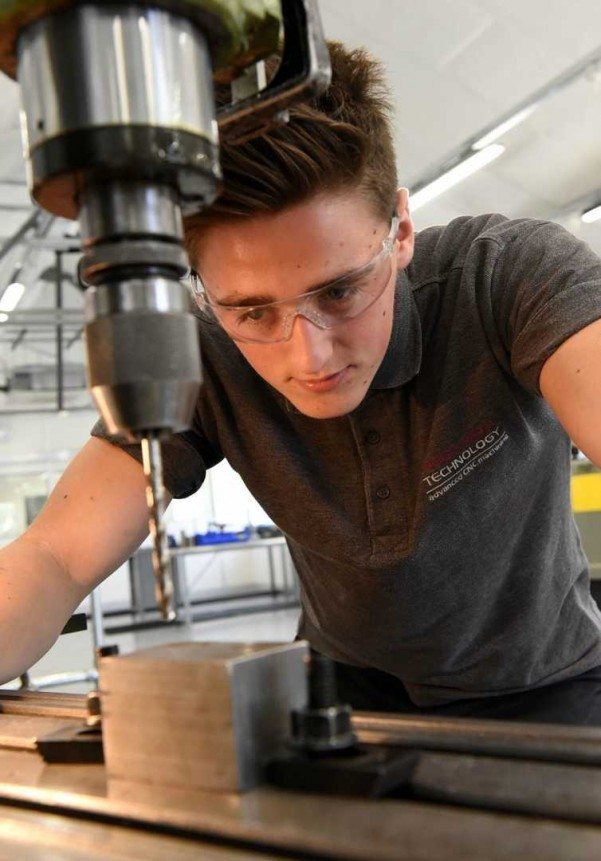The metal printing industry is on fire this month, with Progressive Technology and Innovate 2 Make being the latest companies to meld minds for the advancement of metal manufacturing.
A product of discussions years in the making, the merger, named Progressive Technology – Advanced Manufacturing, sees immediate improvements in quality control, and a reduced lead time when harnessing both engineering and additive manufacturing. The collaboration works especially well in making low quantities of complex components, as Mike Kelly, Director at i2M explains,
“When we first started talking about 3D printing, or additive manufacturing as it is sometimes known, it was about replacing traditional manufacturing processes. That’s no longer the case, as on its own it just doesn’t meet what customers are asking for. It is an extremely valuable discipline for manufacturing short batch, complex parts, but will always require secondary operations like CNC machining to give you the tolerance or finish you are after.”
A little more background on the companies
Established in 1977, Progressive Technology supplies components to 80% of the Formula 1 grid, with other customers ranging across medical, aerospace, and defense sectors. The factory operates 24 hours a day, 365 days per year, and is devoted to advancing its CNC, pattern and composite machining. In light of their merge with i2M it comes as no surprise that their mission statement highlights a ‘commitment to creating a challenging working environment that exceeds employee expectations’.

Sharing many of the same clients, i2M launched in 2012, and is one of the few businesses in the UK to have access to two EOS M280 400 watt laser melting platforms. They state their goals as becoming ‘globally recognized as the leading technical center of excellence for the complete range of Additive Manufacturing/3D Printing processes’.
Future growth and projection
For more information on this partnership, see progressive-technology



